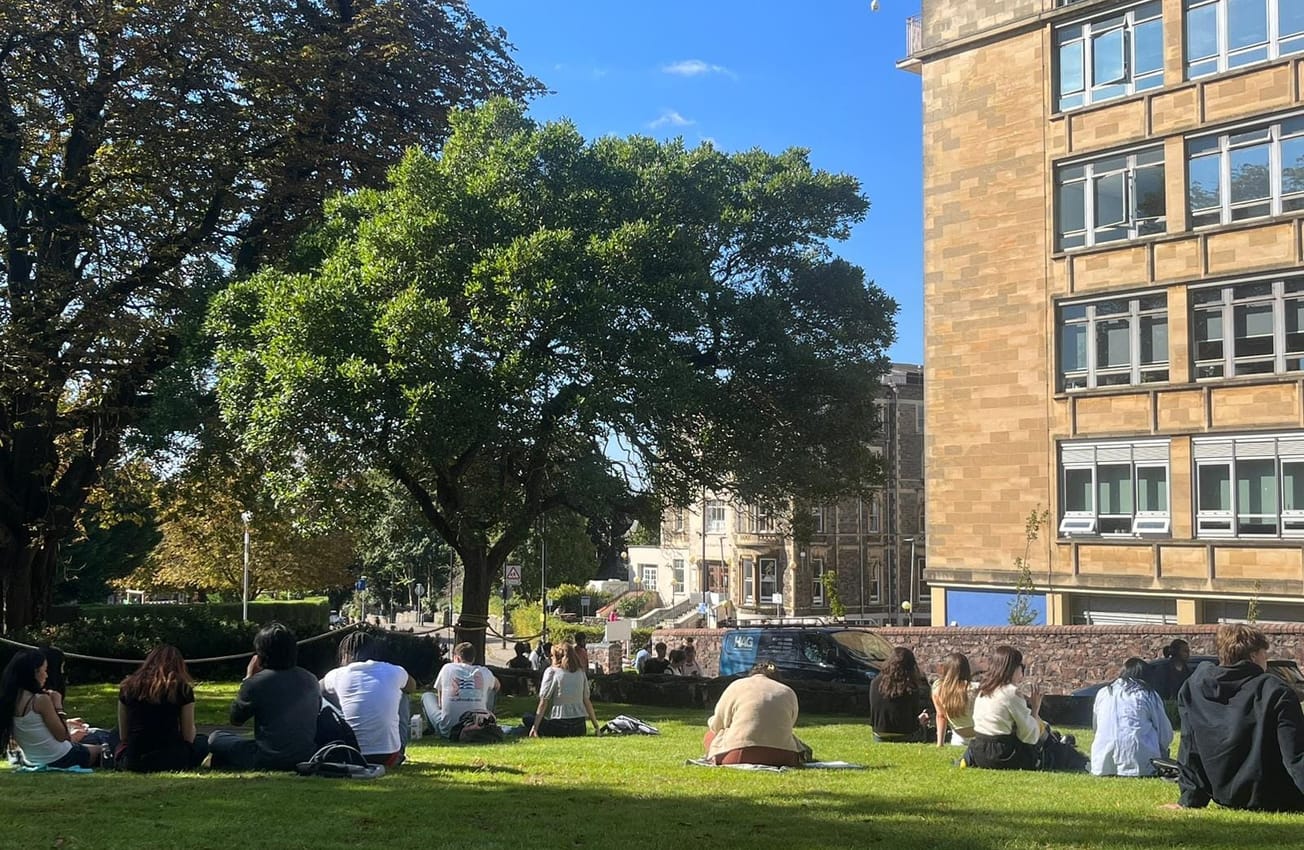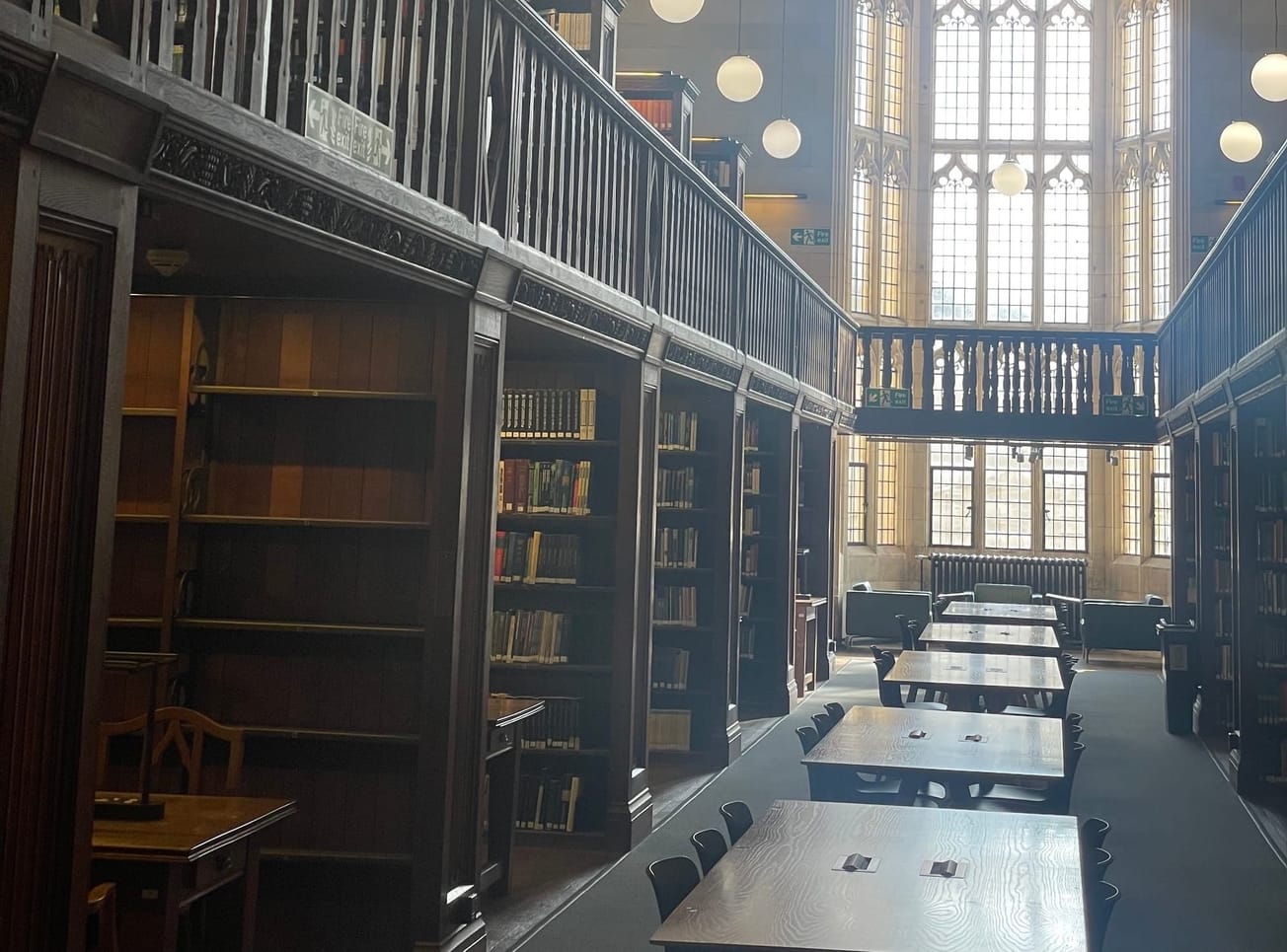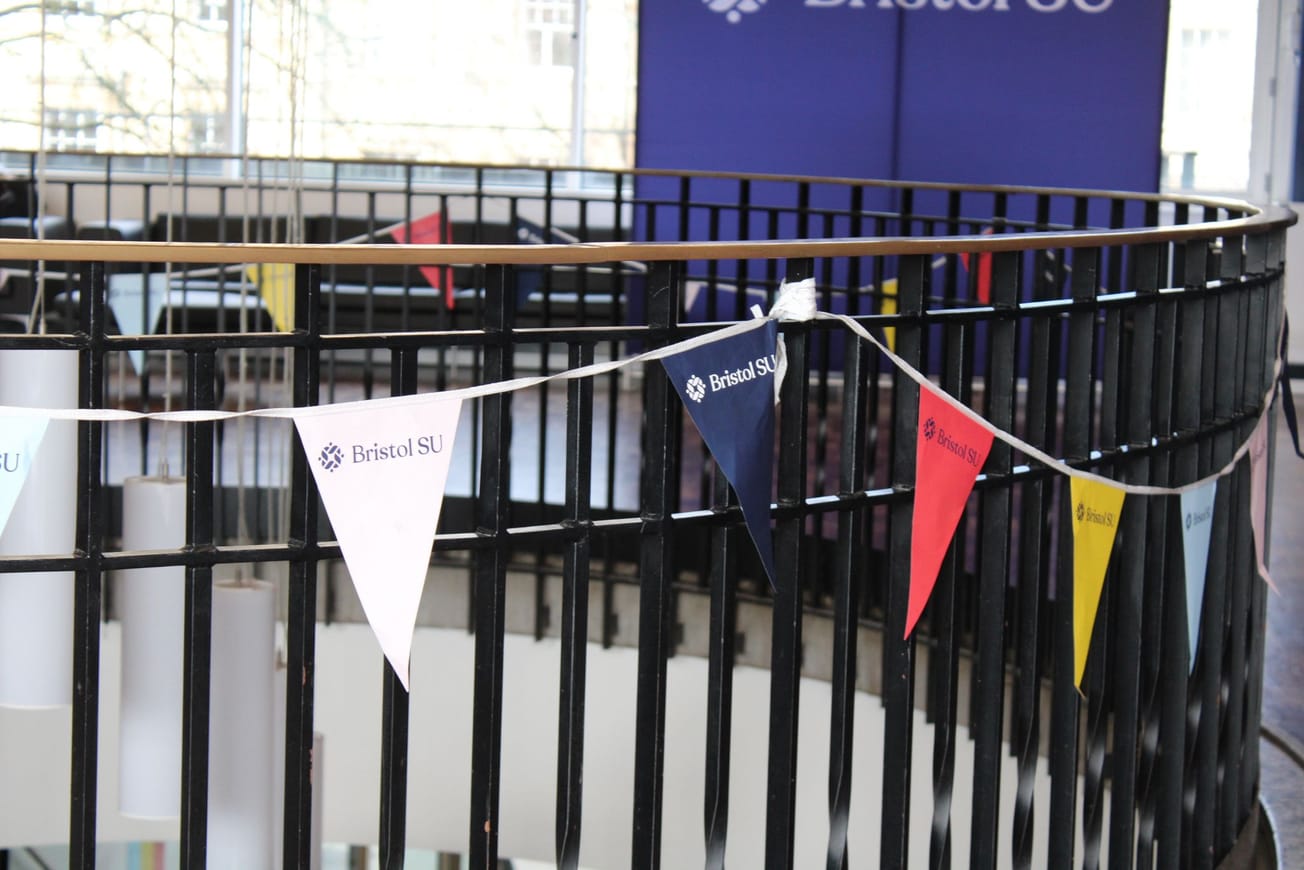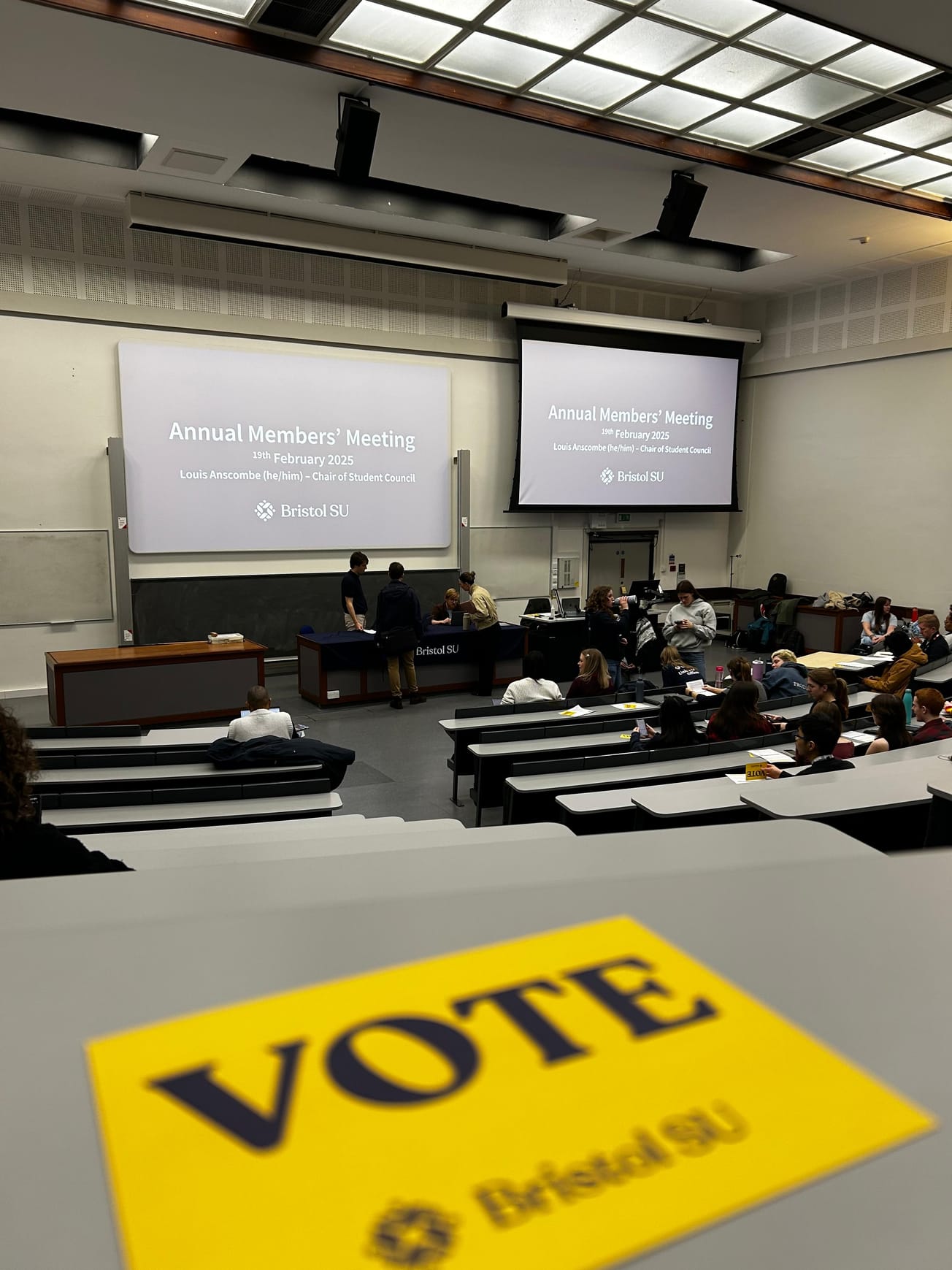By Isabelle McIntyre, Fourth Year, Politics and Spanish
As we approach the darker months of the year, and the sun is setting earlier and earlier, many students may start to experience a change in mood – perhaps feeling down, sad, or anxious. These shifts might cause energy levels to decrease, which makes concentrating difficult. For students, the added stress of academic pressures, paired with the encroaching darkness and cold, can feel quite overwhelming. While many factors can contribute to these feelings, the seasonal change is a significant one.
Perhaps you were born and raised in the same small village for your entire life thus far, or have gone to the same school with the same classmates since reception. Maybe you’ve been sleeping in your childhood bedroom for as long as you can remember or lived next door to your best friend for years. Suddenly, your world is upended as you relocate to a new place, with a new room, a new cohort of people from all different backgrounds, a new course, and a whole host of new experiences. Not to mention the absolute chaos of fresher’s week, housemate dramas and finding your way around the university campus. It’s a lot of change for one person to process overnight!
'I feel really confident and independent because I was forced to make friends and find my place in Bristol on my own terms'
Some, however, are lucky enough to go through this transitional period alongside their peers from school, or friends from their hometown. It’s no surprise that a familiar face in the first few days of Freshers Week can do wonders for homesickness and other bumps in the road during the settling-in stage. But what about the students who come to university completely alone, with no prior connections or acquaintances to help them through this challenging experience?
For those coming to Bristol without that comfort blanket of a home friend or even an Instagram mutual, it can be surprising and extremely isolating to discover that many of their fellow first years have pre-built relationships.
The loneliness epidemic has spread to college campuses, but these 14 tips can help alleviate feelings of isolation https://t.co/So6xuoWmTB
— Psychology Today (@PsychToday) October 9, 2017
While it’s not strictly true that everyone knows one another, the University of Bristol’s notably high proportion of privately educated students – 39 per cent of this year’s admissions came from selective schools, according to The Times Good University Guide – means that many newcomers are indeed more likely to have a familiar face on campus when they arrive. With private schools often competing against each other in sports fixtures, there is plenty of inter-school networking. As a result, these students often arrive at university with pre-existing connections, having already formed friendships through their familiarity with one another's schools.
Other factors that might increase the likelihood of students knowing people when they arrive at university include: attending a high-achieving school, where a greater proportion of students go on to further education; coming from a big city where you’re likely to know a larger amount of young people in general; or coming from an area local to the university, making it more likely that people within your circle will attend that university.
'I would say I found it harder than most [...] without anyone to relate to'
However, whether having familiar faces from home when you arrive at university is a help or a hindrance is debatable. For MA Politics student, Flo, who arrived at the University of Bristol with around 20 other students from her school year, and was placed in a flat with her best friend from home, the volume of familiar faces was somewhat of an annoyance:
‘Of course, it was nice to know people and I had a lot of fun in the first term, but I quickly realised the comfort blanket of people I already knew stopped me from going out and making new friends. I don’t think I fully experienced the personal growth and independence that university should afford you because I had a pre-established identity and friend group. It became quite suffocating when I wanted to go out alone’.
In her discussion with Epigram, Flo concluded: ‘I think it could be easier to have a fresh start at university where no one knows you at all!’
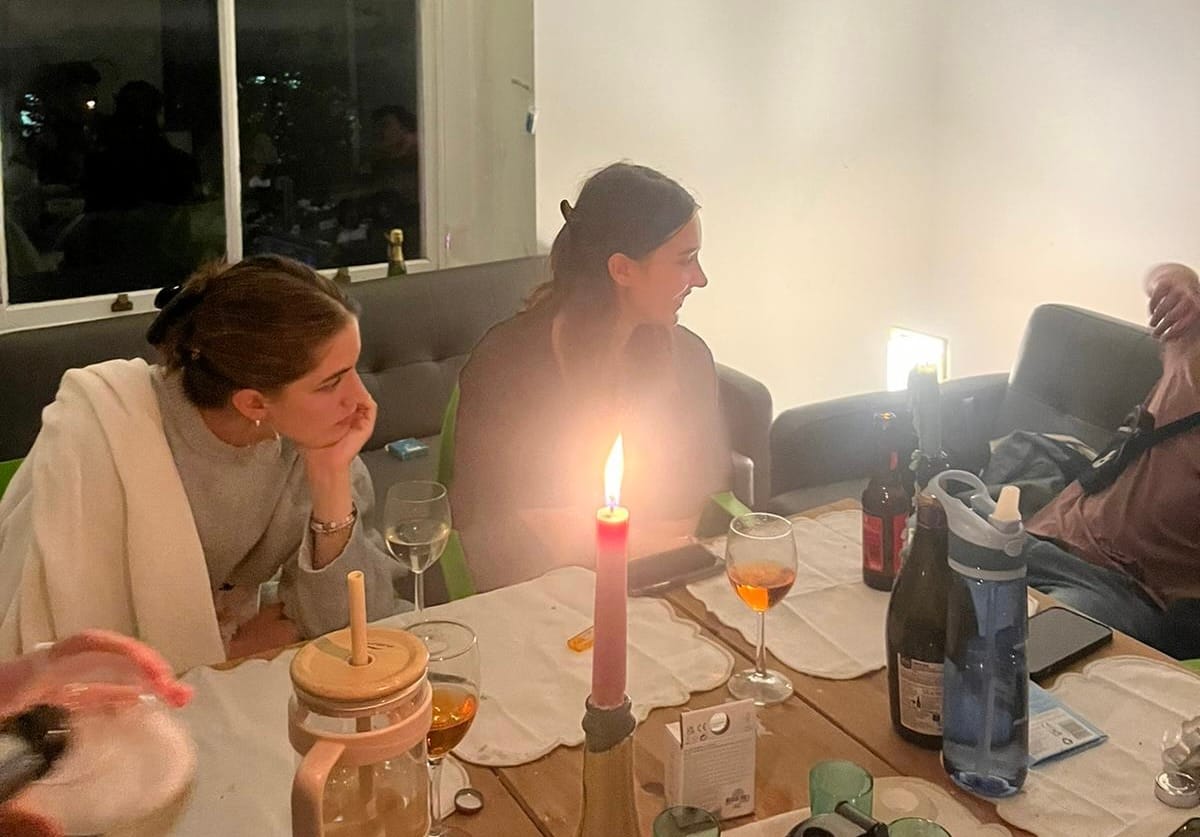
To get an insight into the experiences of those who arrived at university without knowing anyone, Epigram spoke to final-year Scottish student, Alisa. When discussing how she felt when she first arrived in Bristol, she wrote: ‘I would say I found it a much harder transition than most, what with the culture shock being much further away from home and without anyone to relate to, but overall, it was a very rewarding experience. I feel really confident and independent because I was forced to make friends and find my place in Bristol on my own terms’.
Navigating the digital classroom
How to maximise your university experience without breaking the bank
Like Alisa, plenty of individuals are or have been in a similar boat, especially given that around 28 per cent of Bristol’s student body is made up of international students. Whether you came to university knowing people from home or not, here in Bristol, there are plenty of opportunities to make new friends, especially for those with that extra challenge of having no one familiar around to fall back on. Living in halls is a great way to meet new people, both in your flat and your accommodation block as a whole. If you don’t click with that group, the university has a diverse range of societies to offer, each with its own unique sense of community, making it a great place to meet like-minded people. In your seminars, you can get to know your coursemates through group projects and course events, and social media is also a wonderful tool for finding people in your local area.
Ultimately, whether you arrive at university with a familiar face or navigate the journey alone, the experience offers invaluable opportunities for personal growth, forging new connections and discovering your place within the community here in Bristol.
Featured Image: Epigram / Daisy Yates
Did you find it helpful to know people from home when arriving at university?

